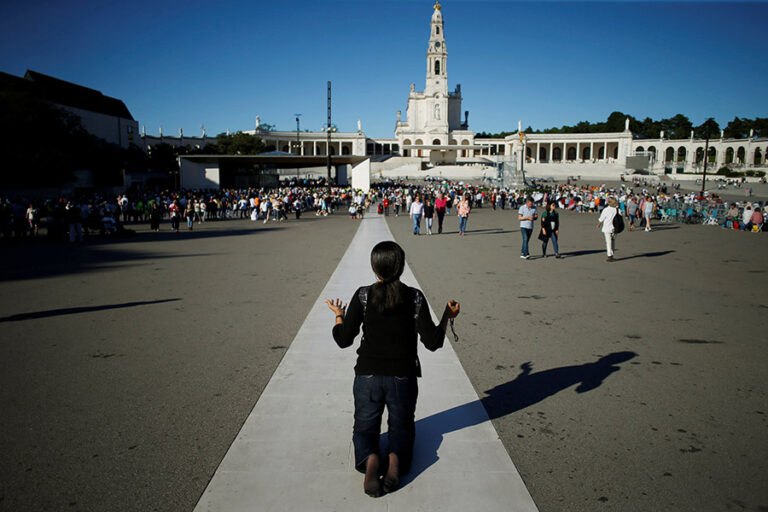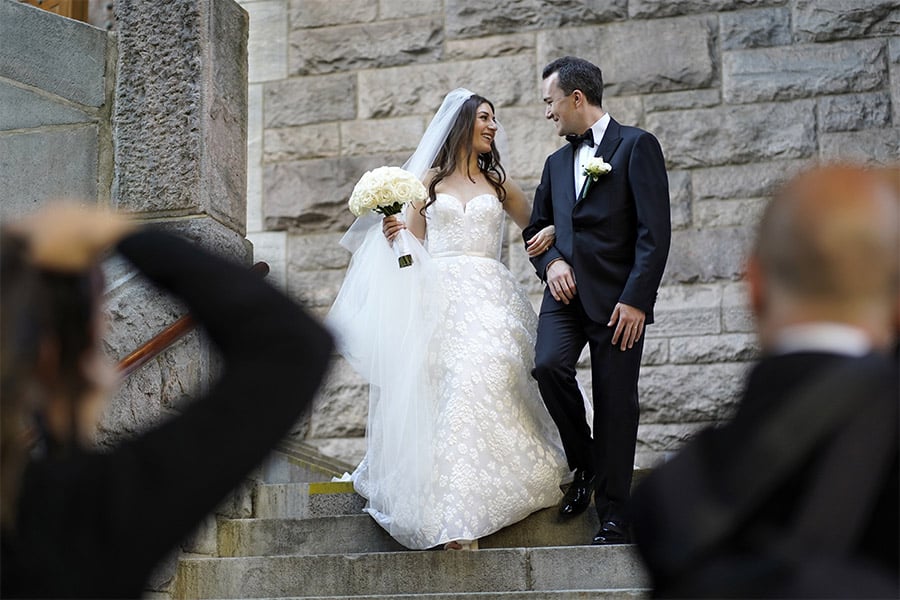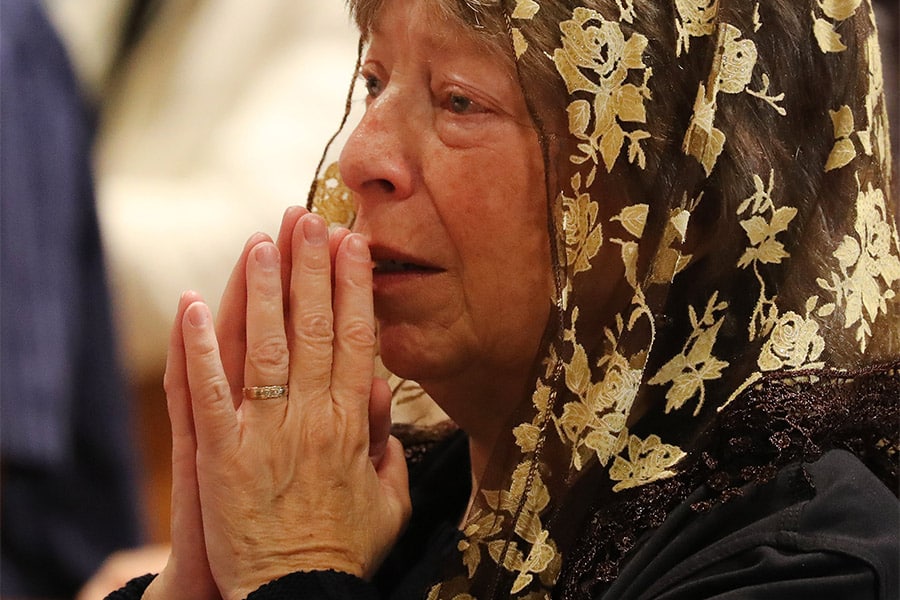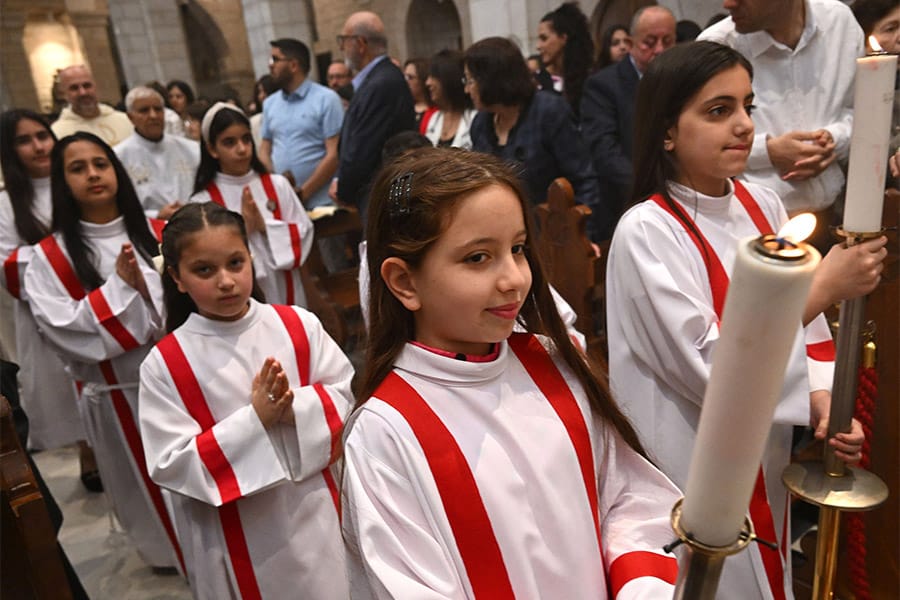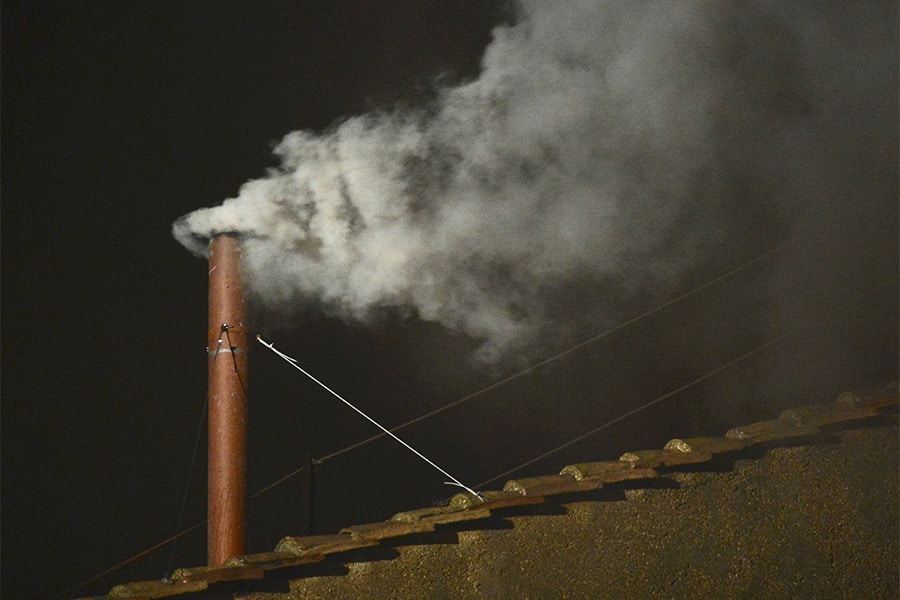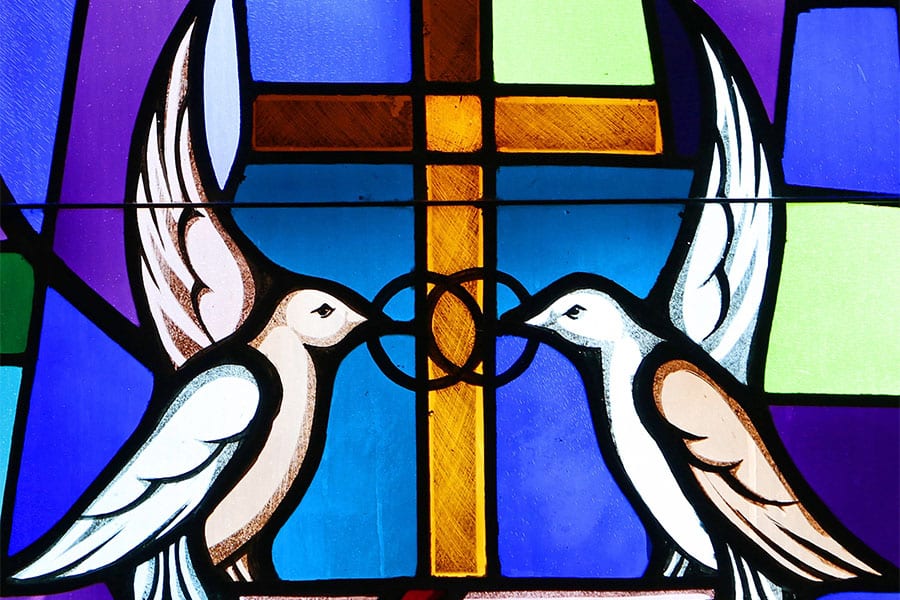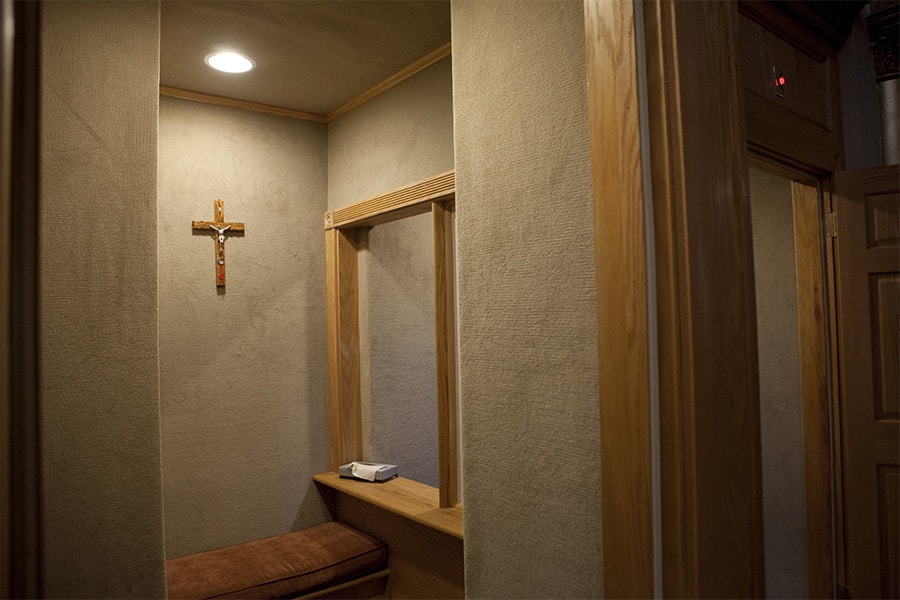Q: Do I have to accept apparitions like Fatima and follow its rules? (Hauppauge, N.Y.)
A: Apparitions such as Fatima and Lourdes, along with mystical writings of various visionary saints such as St. Faustina’s diary, are considered “private revelations.” This is as opposed to “public revelation,” which is the word of God contained in sacred Scripture as it has been interpreted by the church’s teaching authority down through the centuries.
Ongoing public revelation via sacred scripture ended with the death of the last apostle. As the Second Vatican Council document “Dei Verbum” states: “… we now await no further new public revelation before the glorious manifestation of our Lord Jesus Christ” (No. 4).
The Catechism of the Catholic Church acknowledges the existence of private revelations, while still noting that “they do not belong, however, to the deposit of faith. It is not their role to improve or complete Christ’s definitive Revelation, but to help live more fully by it in a certain period of history” (No. 67). Or in other words, private revelations do not fall into the church’s core doctrinal teachings but are only meant to help us deepen our faith in the publicly revealed truths.
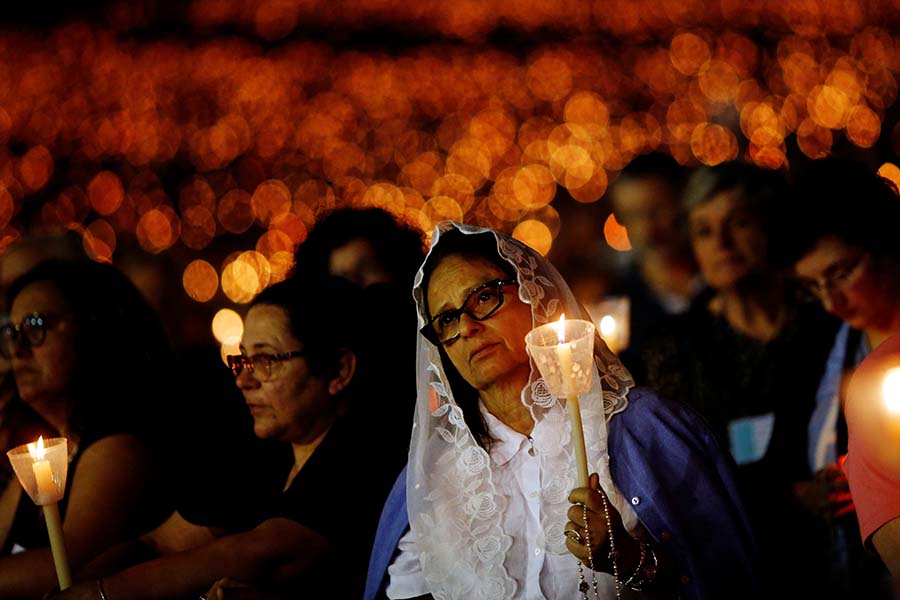
Naturally, belief in the content of public revelation is obligatory for Catholics. But since private revelations are not a part of the deposit of faith, they are essentially optional. Therefore, no Catholic is obligated to follow any of the devotional “rules” accompanying a particular private revelation or to take on any of the prayers urged by the seers of an apparition.
Of course, the church does approve some private revelations. We see this in an especially striking way when feasts such as Our Lady of Fatima are included in our liturgical calendar. However, the fact that a private revelation is approved only means that we can assent to it with human faith — i.e., that the church has discerned that we can safely use our human reason to conclude that it is likely a particular private revelation is genuine and of heavenly origin. This is in contrast with the supernatural faith with which we assent to the doctrines set out in our creeds, such as Christ’s resurrection or the Holy Trinity.
As one might imagine, the church takes the approval of new purported apparitions or other forms of private revelations very seriously. Not everyone claiming to be graced with private revelations will actually be experiencing them. Since visions are usually inherently subjective, would-be seers might simply be misinterpreting something within the realm of normal human psychology with respect to imaginative religious experience. But potential fraud and even demonic involvement would also need to be ruled out.
One of the main issues investigated is the specific content of the revelations. Namely, if anything in an alleged private revelation contradicts the public revelation of Scripture or established doctrine, then it cannot be approved or accepted.
The general credibility of the visionary also is examined. The church will investigate questions such as whether the supposed seer generally has a good grip on reality, if they have any potential ulterior motives (e.g., if they stand to benefit financially from their would-be visions, this is a negative sign), and whether they are striving for holiness in their life outside their visions.
This brings us to another important point: While approved private revelations may be truly inspiring and devoutly helpful to many of us, the humble day-to-day work of growing in holiness is far more important than enthusiasm for any particular apparition. And we already have everything needed for our Christian journey of holiness in our Scriptures, the church’s teachings, our liturgy and the sacraments.
Jenna Marie Cooper, who holds a licentiate in canon law, is a consecrated virgin and a canonist whose column appears weekly at OSV News. Send your questions to CatholicQA@osv.com.
Read More Question Corner
Copyright © 2023 OSV News

